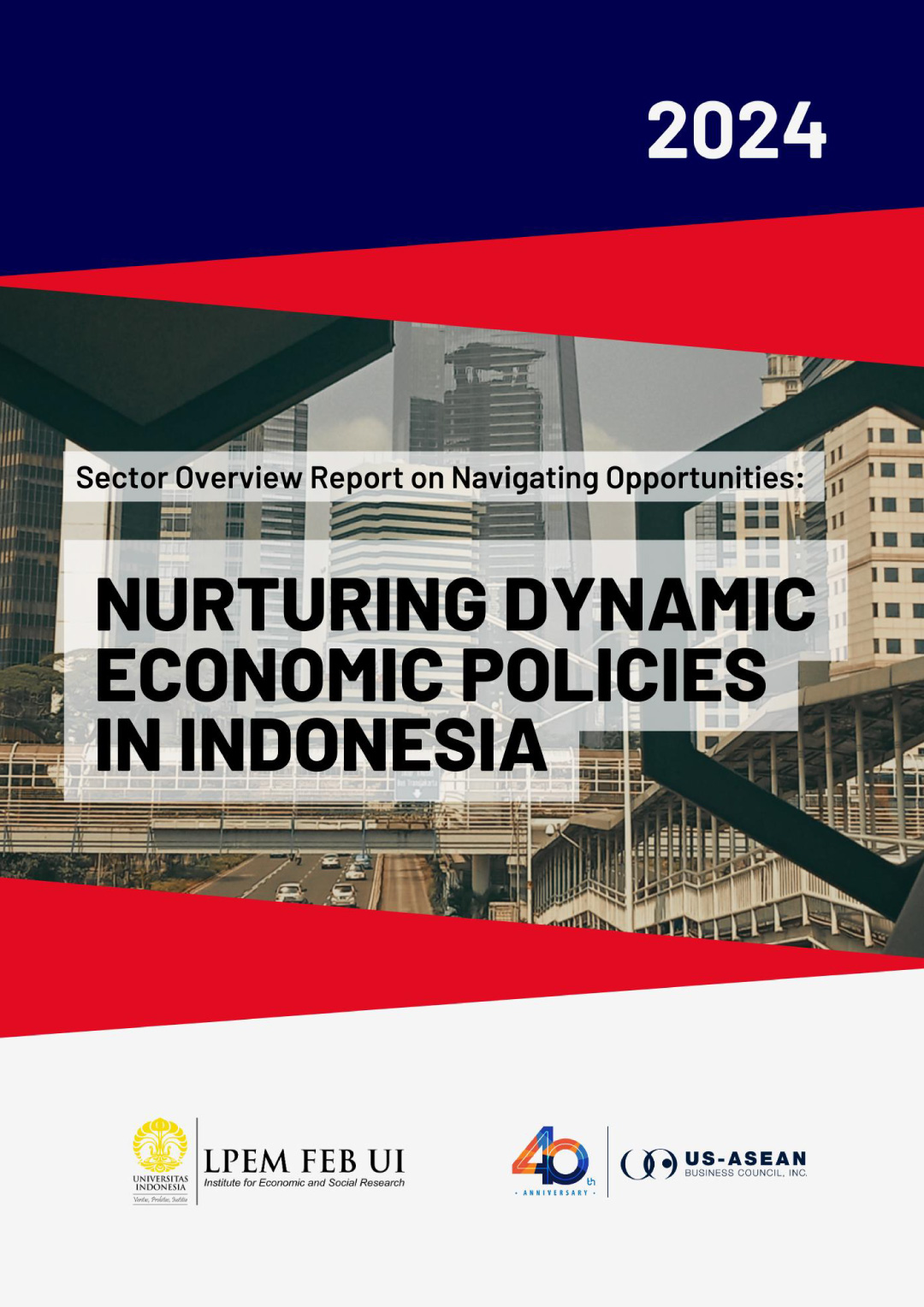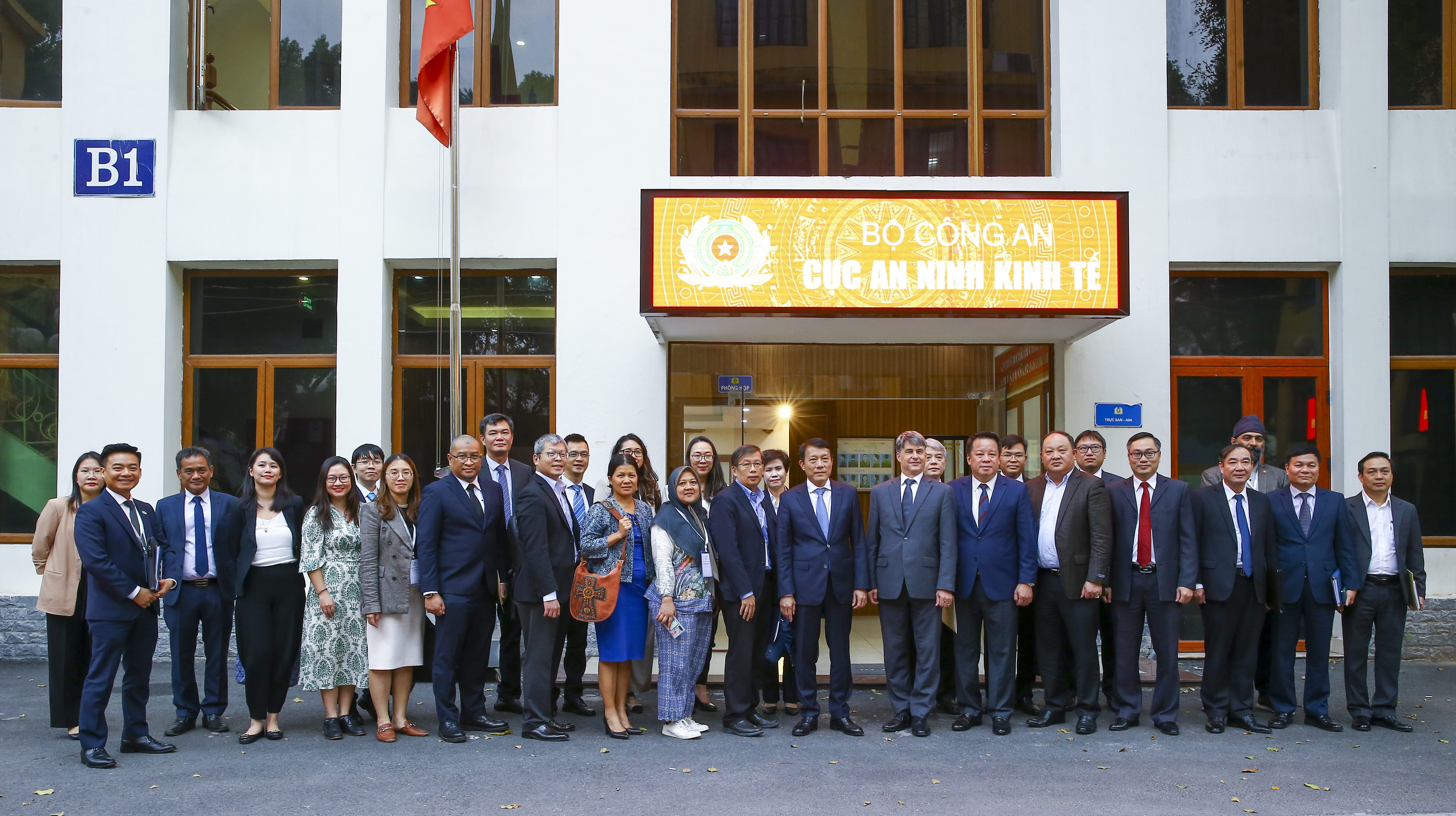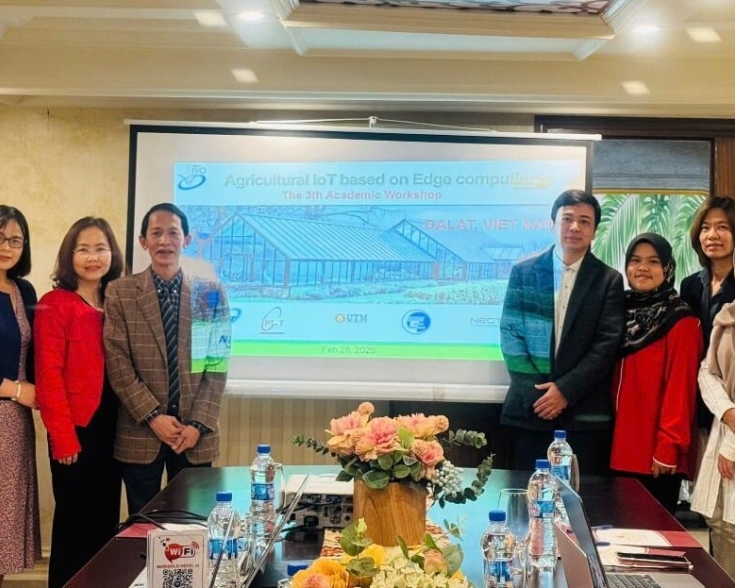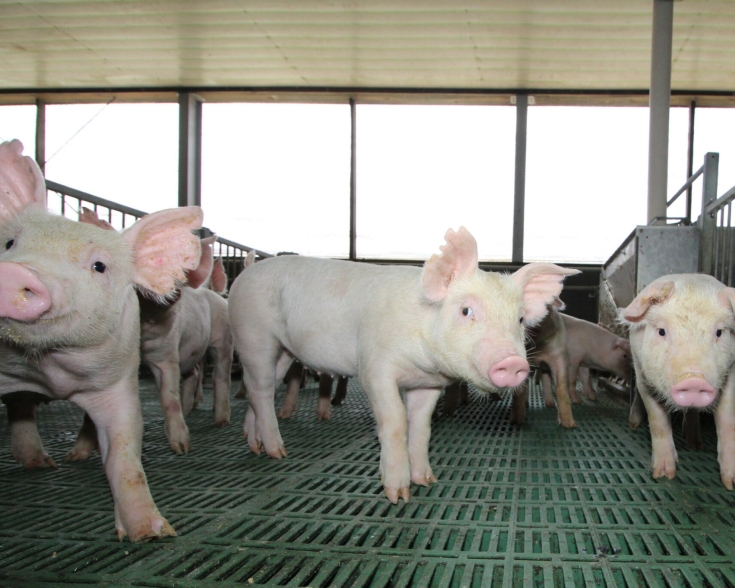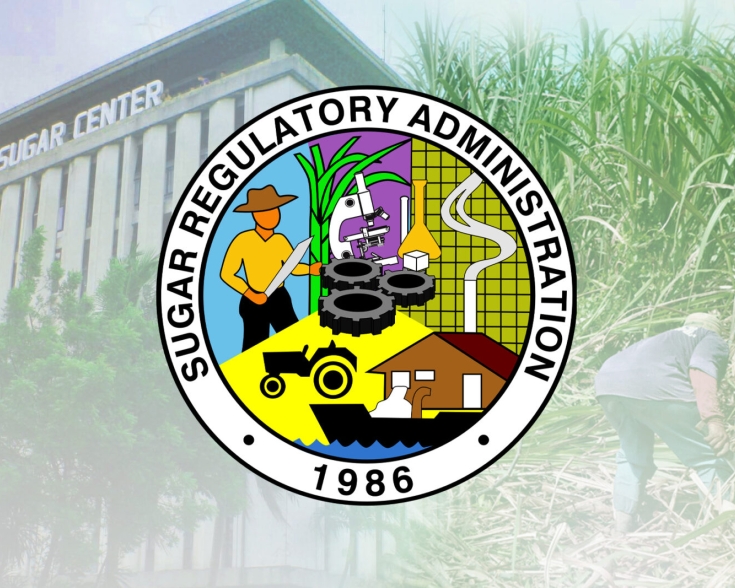Aligning Food and Nutrition Regulations

The World Health Organization and World Trade Organization have urged countries to align their food and nutrition regulations with international standards such as Codex Alimentarius. Aligned with Codex, the ASEAN Food and Beverage Alliance (AFBA) report advocates for harmonized food labeling requirements in the region, particularly for packaged food. The ASEAN General Standard for the Labelling of Prepackaged Food aims to safeguard consumer health and ensure fair practices among ASEAN Member States. Additionally, the ASEAN General Guideline on Food Contact Materials bolsters food safety through harmonized requirements. Below are a few recent developments in Vietnam, Indonesia, and the Philippines related to food labeling regulations.
New Regulations for Nutritional Labeling in Vietnam
Major Vietnamese enterprises exporting food products globally have already ensured compliance with required nutritional labeling regulations, with notable exceptions in the non-alcoholic beverage (18%) and processed food (50%) sectors that have yet to implement nutritional labels. In response, the Vietnamese government recently announced the enforcement of new regulations pertaining to food labeling, following consultations with local industries in 2021. Local firms and companies have been granted a two-year transition period to implement the required changes to their food product labels.
Effective January 1, 2026, pre-packaged food manufactured, traded, imported, and distributed in Vietnam must adhere to the nutritional labeling requirements, marking the first time the Ministry of Health (MOH) has imposed mandatory requirements for nutritional labeling on pre-packaged foods. These nutritional labels must include information on the content and value of the five nutritional components: energy value in kilocalories, protein, carbohydrate, fat and sodium. The implementation of this new food labeling requirement aligns with international standards and enhances public health. Exemptions from this requirement apply to products not directly sold to consumers, single-ingredient food, mineral and bottled water, edible and refined tea, health supplements, and alcoholic beverages.
Indonesia Revises Food Packaging Regulations
In alignment with the ASEAN General Guidelines on Food Contact Materials, Indonesia’s Food & Drug Authority (BPOM) published a draft regulation addressing food contact materials (FCMs). The final version is expected to be officially published in 2024. Following the issuance of the draft regulation, all food and beverage companies will undergo a 12-month transition period to implement the necessary changes in their food packaging. The draft outline specifies various requirements for food packaging materials, conditions for food packaging materials, migration limit values, approved food contact substances, and prohibited food contact materials. It provides a comprehensive list of approved food packaging materials, including plastic, rubber, paper and cartons, ceramic, glass, metal, and multilayered packaging. Notably, the new draft regulations explicitly prohibit the use of compounds, including precursors to forms of PFAS, in food packing. This initiative reflects Indonesia’s commitment to safeguard children and families from exposure to toxic PFAS chemicals, particularly in everyday food products.
The Philippines Advances Guidelines for the Classification of Vitamins and Minerals for Food/Dietary Supplements
The Food and Drug Administration (FDA) of the Philippines is advancing its guidelines for the classification of vitamins and minerals in food and dietary supplements to align with evolving energy and nutrient requirements. The proposed framework, titled “Guidelines for the Classification of Vitamins and Minerals for Food/Dietary Supplements under Processed Food Product," replaces the previous guidelines established in 1991. Following a comprehensive review, this updated framework will be applicable to both locally produced and imported food or dietary supplements intended for manufacturing, importation, distribution, and sale within the Philippines. Within the revised framework, food and dietary supplements are defined as processed food products intended to supplement the diet, incorporating dietary ingredients such as vitamins, minerals, amino acids, herbs, or other dietary substances of botanical, animal, artificial or natural origin. Vitamins and minerals classified as food or dietary supplements shall be in the form of capsules, tablets, liquids, gels, powers, and should not be in parenteral forms, sublingual, and other methods not taken into the mouth. Additionally, the label of food and dietary supplements is required to include consumer advice to prevent exceeding the recommended daily use. Furthermore, the new limits for vitamins and minerals are aligned with international references such as the Association of Southeast Asian Nations (ASEAN), the Codex Alimentarius Commission, the Food and Agriculture Organization/World Health Organization (FAO/WHO), the European Food Safety Authority (EFSA), and the USFDA, among others. The establishment of limit of vitamins and minerals in food and dietary supplements aims to ensure that the Food Business Operators (FBOs) use safe levels of vitamins and minerals in their food products.




